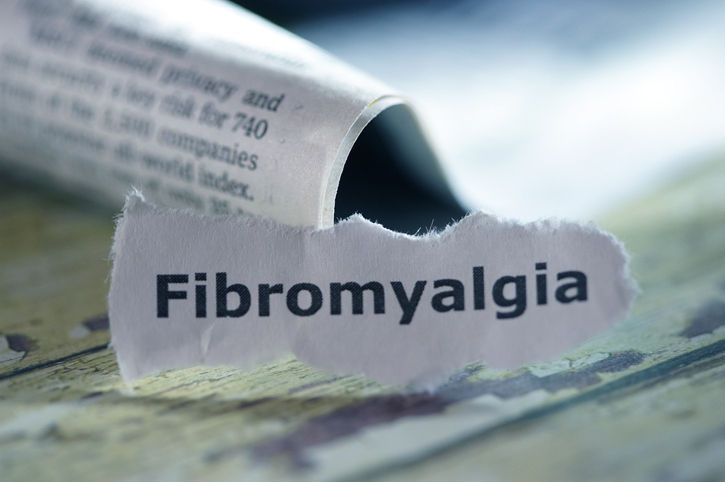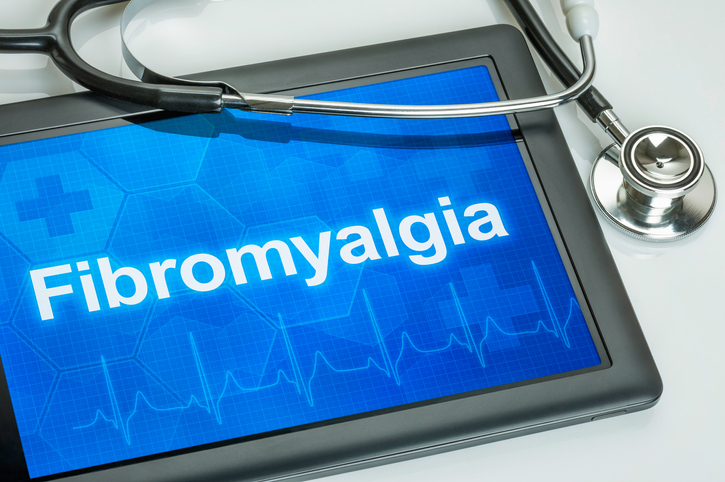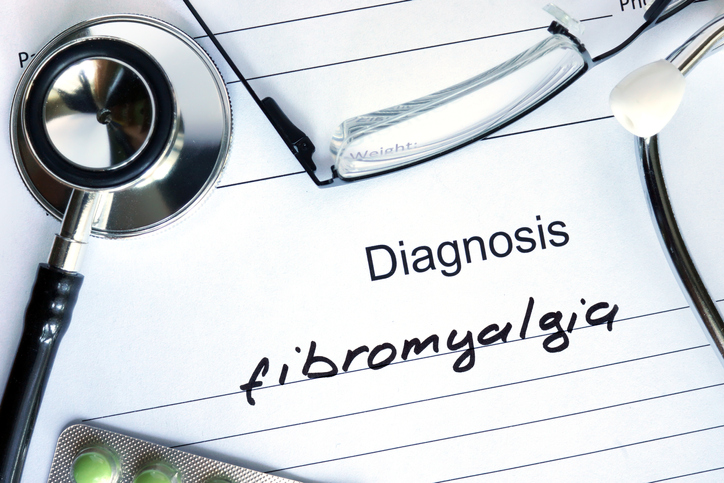Pain
Do Fibromyalgia and Myofascial Pain Share a Connection?
Source: Mayo Clinic, National Center for Biotechnology Information: U.S. National Library of Medicine: National Institutes of Health, Cleveland Clinic, Johns Hopkins University School of Medicine, American Society of Regional Anesthesia and Pain Medicine, Mayo Clinic

60 people found this helpful
Print
Share
Save
Fibromyalgia (FM) and myofascial pain syndrome (MPS) are both chronic pain conditions that cause muscle pain. Because of this shared symptom, a careful examination from a health care provider is required to provide an accurate diagnosis and treatment plan. The two conditions vary in pain characteristics, causes, and additional symptoms; however, research suggests that some individuals with myofascial pain may eventually develop fibromyalgia.
Pain characteristics
- Fibromyalgia is a chronic pain syndrome that causes widespread muscle pain (myalgias) and joint pain (arthralgias). Symptoms often include hyperalgesia (heightened pain sensitivity) and allodynia (pain from stimuli that is usually not painful). Fibromyalgia pain is often migratory and usually occurs above and below the waist on both sides of the body.
- Myofascial pain is a type of muscle pain that is often more localized than fibromyalgia pain. Myofascial pain involves “trigger points” (tender painful knots in the muscle). When pressure is placed on a trigger point, deep, radiating muscle pain occurs. The muscle may twitch if the trigger point is palpated or snapped: This is known as a twitch response.
Causes
- Fibromyalgia
The cause of fibromyalgia is not clear, but it may be related to abnormal processing of pain signals in the nervous system, which ultimately leads to central sensitization (CS). CS involves continuous stimulation of the nervous system, which causes amplified pain sensations. CS is also associated with chronic pain progression due to an increased response to neurons in the central nervous system. - Myofascial pain
Muscle injury or muscle stress can lead to the development of trigger points associated with myofascial pain syndrome. Stressors include poor posture and repetitive motions. Clenched muscles associated with high levels of stress and anxiety may also lead to the development of MPS. In some cases, heightened sensitivity to pain signals may develop, which can lead to the more widespread pain associated with fibromyalgia.
Additional symptoms
In addition to widespread pain, FM involves other symptoms that are less frequently reported in those with MPS. Such symptoms include the following:
- Headaches
- Bowel issues
- Fatigue
- Mood changes
- Cognitive impairment


















